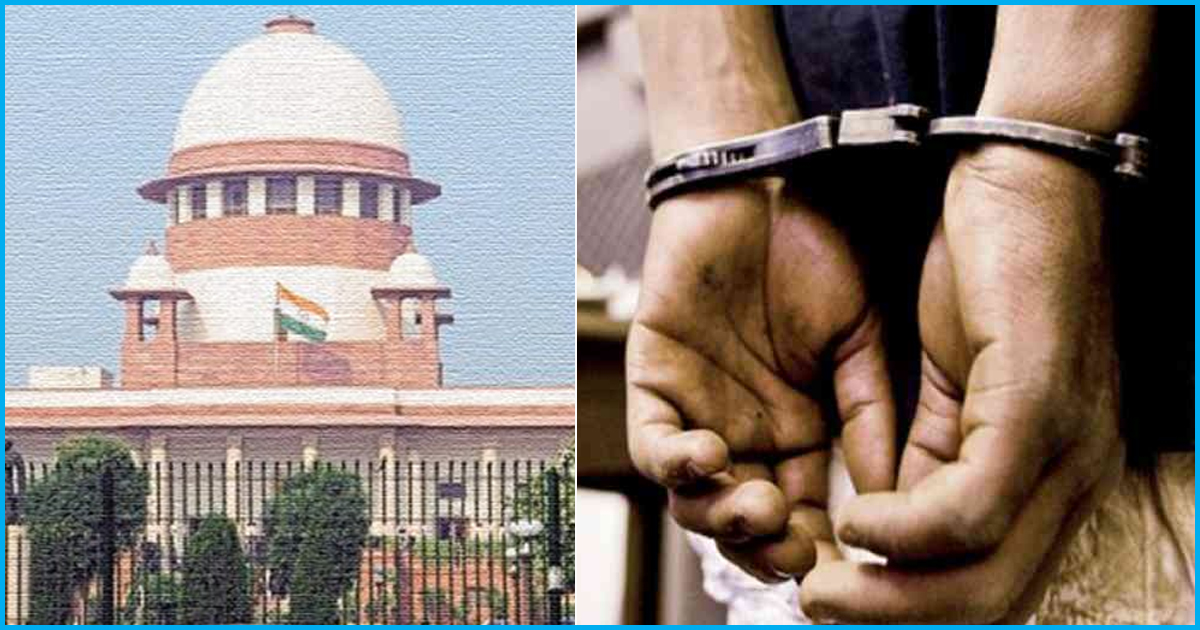Recently, a Supreme Court bench of Justice Ranjan Gogoi, Justice Navin Sinha and Justice KM Joseph held that a rape accused can be convicted even after the rape survivor turns hostile and fails to identify the accused. The Times Of India reported that the bench also awarded a 10-year prison sentence to an accused in a rape case even after the survivor turned hostile and gave a clean chit to the accused. It said, “Neither the accused nor the victim can be permitted to subvert a criminal trial by stating falsehood and resort to contrivances, so as to make it the theatre of the absurd.”
What did the Supreme Court judgement state?
The apex court upheld the Gujarat High Court judgement which sentenced one Hemudan Nanbha Gadhvi to 10 years in jail for raping a nine-year-old girl in 2004. It relied on medical evidence which confirmed the sexual assault. In this case, the mother of the then nine-year-old had lodged an FIR. The medical examination was carried out on the victim on the same day while the accused too, was apprehended by the police after a Test Identification Parade (TIP), where the victim identified the accused.
However, six months later, a trial court acquitted the accused after the victim and her sister, who was the eyewitness, turned hostile and denied any case of sexual assault. However, the Gujarat High Court set aside the trial court order and convicted Gadhvi on the basis of the girl’s medical report. Subsequently, Gadhvi approached the apex court which dismissed his plea.
The daily reported that after examining all the evidence, the bench held, “We find no infirmity in the reasoning of the High Court that it was sufficient time and opportunity for the accused to win over the prosecutrix by a settlement through coercion, intimidation, persuasion and undue influence.”
The rape survivor can also be prosecuted
It also held that the court cannot remain a mere spectator when a victim in a criminal offence as such compromises with the accused to shield the actual perpetrator of a crime. Moreover, it said that when there is convincing evidence to prove the guilt, a rape survivor can be prosecuted for turning hostile to protect the accused.
It said that the present case was appropriate to direct the prosecution of the survivor under Section 344 of the Code of Criminal Procedure (CrPC) for tendering false evidence. However, it considered that the prosecutrix (victim) was only nine-years-old during the time of occurrence, and after 14 years, she may have been married and settled into a new life, all of which will be jeopardised if she were to be prosecuted.
Also Read: How A Rape Victim And Her Family Is Being Crushed By The ‘System’










